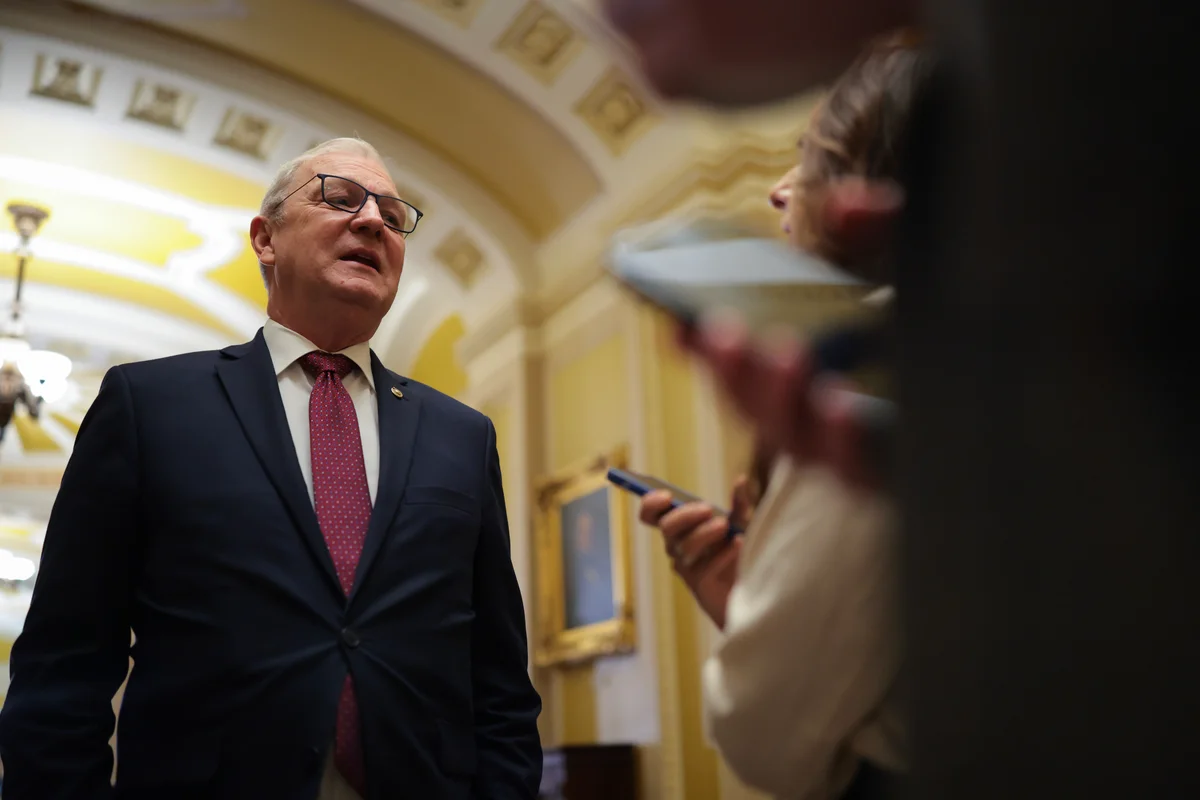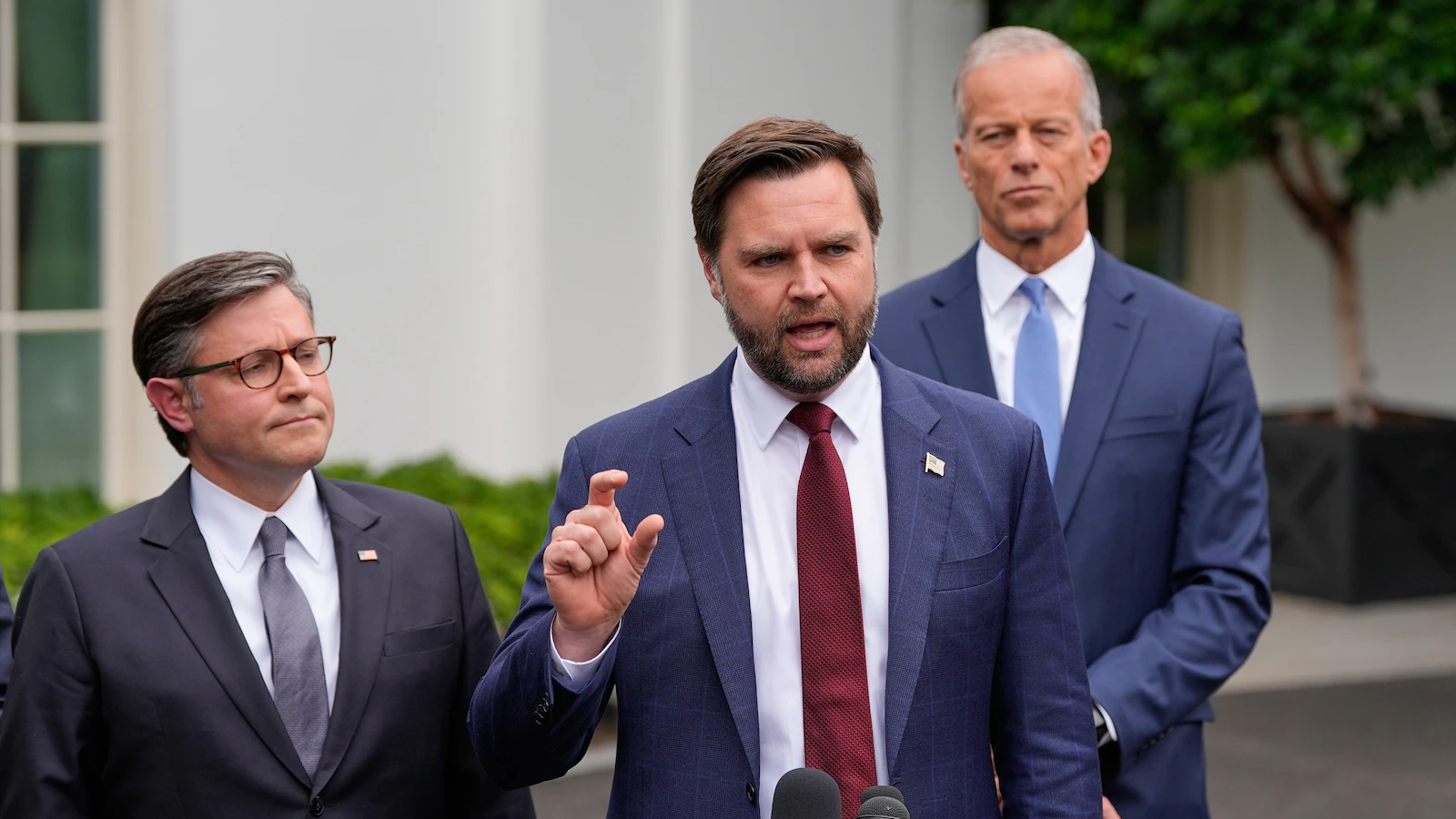By Eric Garcia
Copyright independent

Well, they went and did it. So, now what?
On Tuesday evening, Democrats voted against a stopgap spending bill the House of Representatives passed last month to keep the government open, triggering a government shutdown.
The minority party did so on the premise that they wanted the continuing resolution vote to extend subsidies for the Affordable Care Act marketplace put in place during the Covid-19 pandemic, which received another extension in 2022.
Needless to say, neither side has a political incentive to give an inch, which means this could be a long shutdown.
“They don’t have the high ground in this, in this situation,” Sen. Kevin Cramer (R-N.D.) told The Independent. “It warms my heart to say it, because I don’t, I don’t recall a time ever when Republicans have had the high ground during a government shutdown.”
Republicans think they can make the shutdown as painful for Democrats as possible and many of them already don’t believe in government.
“Well, most of them are cheering us on,” Sen. John Cornyn (R-Texas) told The Independent. “They like they like the idea that governments shut down, they think it’s too big anyway.”
Indeed, Office of Management and Budget Director Russell Vought, an architect of Project 2025, talked about slashing construction on projects in blue states. Specifically, he said the Hudson Tunnel Project and the Second Avenue subway in New York City would be put on hold.
Sen. Chris Murphy (D-Conn.), who has one of the biggest megaphones on social media, said that the threats are part of Trump’s larger lurch toward authoritarianism.
“He’s saying, if you speak up against me, your state won’t get any money,” Murphy told The Independent. “The people in this country are really worried about a censorship state, and so if we explain to people that this budget, without any checks on his censorship, is going to eliminate their right to speak freely, people will be with us.”
That’s not entirely clear. But Donald Trump has his own problems.
He can post as many videos of House Minority Leader Hakeem Jeffries in a sombrero as he wants. He still faces a hell of a problem if health care premiums spike next year, especially among people who voted for him.
Even Press Secretary Karoline Leavitt said the White House is “more than happy to have that conversation,” but added that discussion “cannot happen right now.”
Democrats know they have that piece of leverage too. It’s why they basically have dared Vought and Trump to go through with the firings.
“The Republicans have no trust,” Sen. Ruben Gallego (D-Ariz.), a trash-talking retired Marine, told The Independent. “These are the people that have been firing federal employees all year in the past, anytime negotiations, they have just lied and stalled, and so I doubt at all.”
Even Sen. Catherine Cortez Masto (D-Nev.), who joined Republicans in passing the continuing resolution on Tuesday evening and again on Wednesday, said she did not fault her Democratic colleagues for voting “no.”
“It’s a tough decision, everybody’s going to have to make their own decision,” Cortez Masto told The Independent. But when asked if she trusts her Republican colleagues, she said “you tell me.”
“They’re already entrenched in their positions, unfortunately, and not thinking about the American public,” Cortez Masto said.
Democrats correctly point out that they do not have the White House, the House of Representatives or the Senate and at any point, Senate Majority Leader John Thune and House Speaker Mike Johnson can put a bill with the subsidies on the floor.
But the opposite is also true that while Democrats have just enough votes to block a spending bill, they have no other mechanisms to force Republicans to come to the negotiating table. And Republicans seem to want to make this as painful for the Democrats as humanly possible.
Sen. Thom Tillis (R-N.C.) has said he thinks negotiations can resume in good faith once the government reopens.
“It ends by the Democrats doing exactly what I have done when result or the situation was reversed,” Tillis told The Independent. “Everybody knows that the ACA subsidies become an issue at the end of this year. We have time to fix it.”
Tillis has been the consummate dealmaker in his time in the Senate, which is precisely why he retired; he simply can’t function in a Trumpified GOP. In a normal environment, he and other moderates like Sens. Lisa Murkowski (R-Alaksa) and Susan Collins (R-Maine) would go to the Democrats, hammer out a deal to keep the subsidies and reopen the government.
But in a time of brinksmanship, when Democrats’ voters want to see their party put up a fight against Trump and many don’t trust Republican leadership. Meanwhile, the GOP’s whole fealty to Trump means they want to stay in for the long haul.



